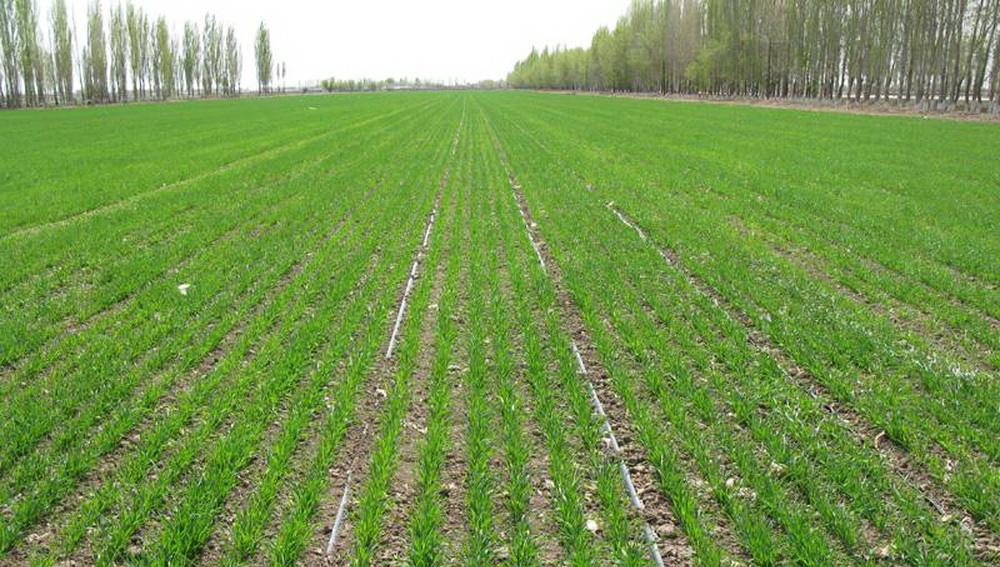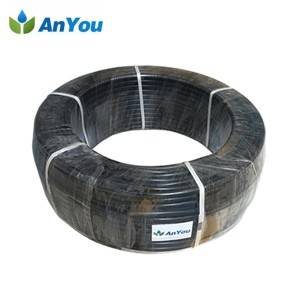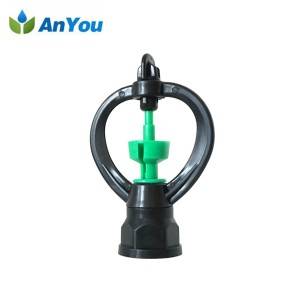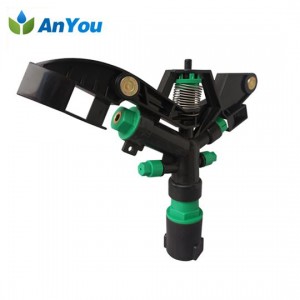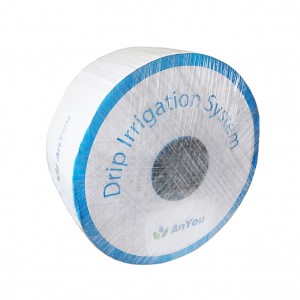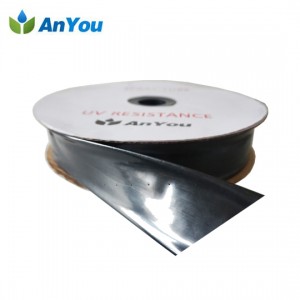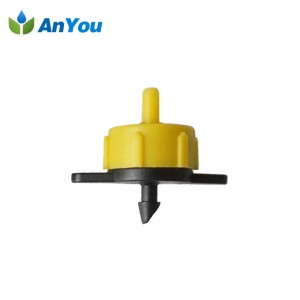According to the “News and Newspaper Summary” reported by China Voice of China Central Television, General Secretary Xi Jinping emphasized in his recent visit to Ningxia that we should actively develop water-saving agriculture and not engage in flood irrigation. According to the requirements of water saving, the production should be fixed by water, and strive to be less and precise, and increase the added value.
In recent years, Hebei, a major agricultural province, has taken multiple measures to vigorously promote water conservation in agriculture, embarking on a road to sustainable agriculture with water conservation and efficiency, and robbed the “big reservoir” from the “big funnel” of groundwater over-exploitation.
The three summer fields are golden. In the wheat fields planted by Gao Zhiqing, a large household in Jing County, Hebei Province, the combine is working intensively. Gao Zhiqing told reporters that the more than 2,200 acres of “Hengmai” water-saving wheat planted this year not only watered two less water than in previous years, but the yield per mu can reach more than 1,200 kg.
Gao Zhiqing: 50 square meters of water is saved per acre. In this case, my two thousand acres of land will continue to save water and increase production (increasing) by more than 300,000 yuan.
Hebei Province, located in the North China Plain, is the main wheat producing area, but groundwater is always over-exploited, with an annual over-extraction of 5.97 billion cubic meters. It is urgent to change the traditional water-consuming wheat cultivation of “Toushuizao, Ershui, Sanshui and Sishui, which is poured into the Maikaisi”. “Hengmai” and other dozens of water-saving wheats came into being.
Guo Jinkao, chief wheat breeding expert in Hebei Province, said that the current water-saving wheat planting area in Hebei amounts to 32.7 million mu, accounting for 95% of the province’s wheat planting area, forming a water-saving planting model with 800 kg of water in one spring and 1,000 kg in two waters. Farmers’ income increases while the ecological benefits are significant.
Guo Jinkao: The wheat planting area is large, and it is also a large water user. If (all) less (irrigation) is irrigated, then 30 million mu is (water-saving) 1.5 billion (cubic meters).
In Hebei, 79% of agricultural irrigation uses machine wells, flood irrigation is widespread, and water resources are wasted. In recent years, Hebei has vigorously implemented integrated irrigation of water and fertilizer such as pipe irrigation, drip irrigation, sprinkler irrigation, etc. The average water saving per mu is 50-60 cubic meters, and the annual water saving is about 300 million cubic meters.
Li Jinkong, deputy director of the Quzhou County Agriculture and Rural Bureau: We have promoted more than ten water-saving technical measures such as water and fertilizer integration and increased application of organic fertilizers in the county, and the county has reduced and exploited more than 4 million cubic meters of groundwater.
The development of water-saving agriculture not only puts effort into varieties and irrigation techniques, but also demands benefits from scientific management. In May this year, Hebei Province-level agricultural irrigation energy unified management platform “Agricultural Treasure” was launched, and the basic data of power supply, water conservancy and agriculture were integrated for the first time. Farmers open the “Agricultural Treasure” app and know how to save water in the most efficient way.
Li Fei, responsible for the quality management of the collection equipment of State Grid Hebei Electric Power Company: uses the precise irrigation scheme to push data guidance. After testing and verification, farmers can save 60 cubic meters of water per acre of land each year, which plays an important role in supporting the groundwater pressure extraction in Hebei Province, ensuring agricultural sustainable development and food security.
According to the data of the Hebei Provincial Department of Agriculture and Rural Affairs, comprehensive groundwater over-exploitation management began in 2014, and by the end of 2019, Hebei’s agricultural water use has dropped from 13.91 billion cubic meters to 11.46 billion cubic meters, reclaiming 2.4 billion cubic meters from over-exploitation areas in five years. The water in meters is equivalent to the water volume of two large one-size standard reservoirs.
Wu Jimin, the Plantation Department of the Agricultural and Rural Department of Hebei Province, said that in the next step, Hebei will continue to strengthen agricultural supply-side reforms and increase capital investment in an effort to achieve the goals of balanced groundwater harvesting and replenishment and groundwater level recovery by 2022.
Wu Jimin: We currently invest more than 1.5 billion (yuan) each year, and we need to increase it further because agricultural water is the bulk. Continue to adjust the planting structure, reduce irrigation water use, focus on wheat water saving, continue to reduce groundwater extraction, and complete the agricultural water saving and pressure mining tasks on time and as required.
Post time: 03-07-2020

